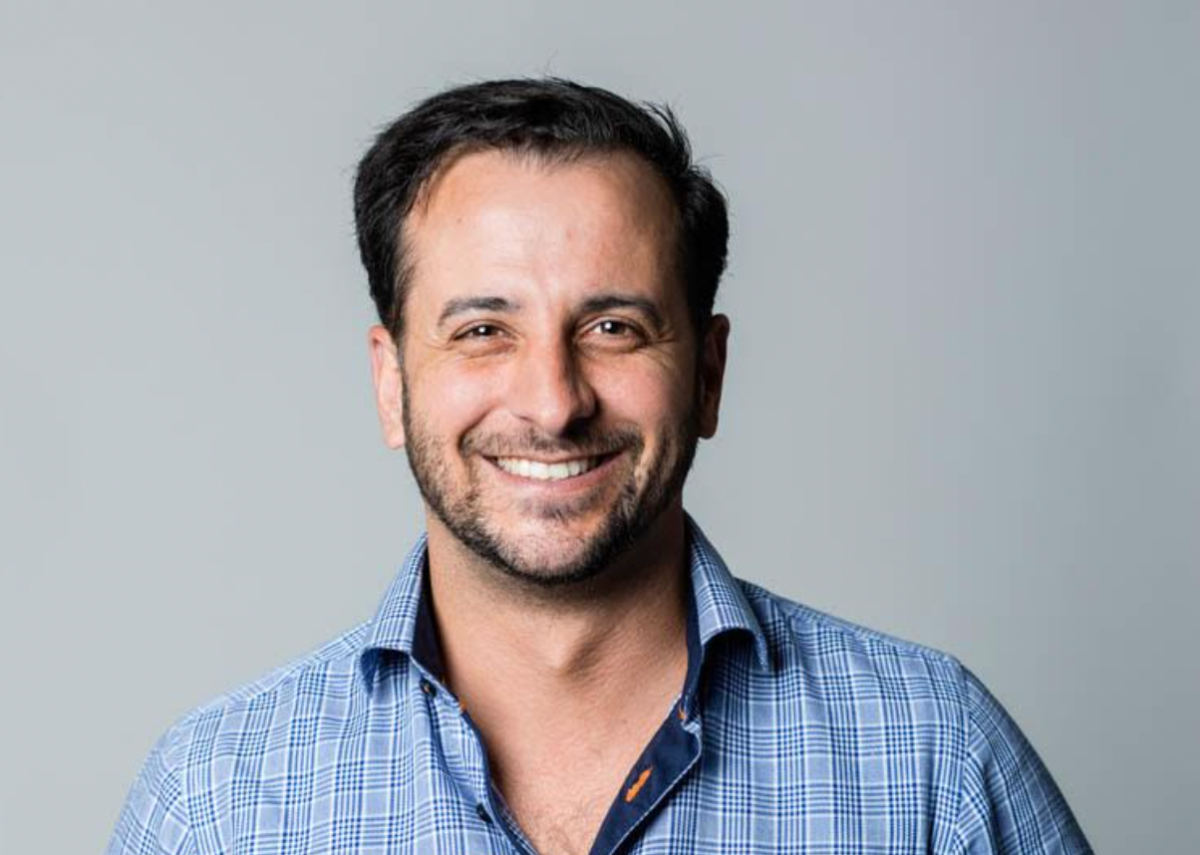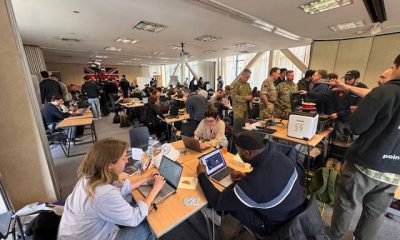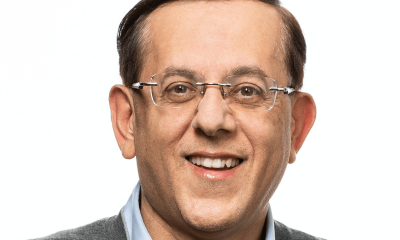Business
SignalFire’s founder says his VC firm lost staffers who “thought we were too cheap” in prior years

For most founders, being seen by employees as cheap isn’t exactly a badge of honor, but venture investor Chris Farmer doesn’t mind. While Farmer’s 10-year-old, seed-stage venture firm SignalFire lost frustrated employees who weren’t able to compete for deals when the market was at its most frothy, he says, holding the line on price appears poised to pay off at long last.
For one thing, limited partners just committed a whopping $900 million to the firm across four new funds, doubling in one fell swoop the amount of money that SignalFire has raised previously. Farmer — who says that SignalFire had began “pumping the brakes” in 2018 because it “saw the valuations were decoupling relative to company traction” — is further being vindicated as valuations continue to plummet and founder expectations get reset.
So what did Farmer see that others looked past? Data and lots of it, he says. We talked last week with Farmer about that data — which has been a source of pride for SignalFire since its outset — and why he thinks it continues to give the firm an edge, even while many other venture firms have become similarly data driven over the last decade. Questions and answers below have been edited and condensed for clarity.
You’ve raised a bunch of money across four funds but you aren’t breaking out how much each fund is managing. Why?
We don’t really break it out because it doesn’t really matter, [but broadly] we have hundreds of millions for seed [stage companies]; we have several hundred million to follow on those businesses through a breakout vehicle, which most of the businesses are alumni and then there’s some net new businesses, as well. We’ve also been doing XIR [experts-in-residence] for a while, pairing operators who have built multibillion dollar businesses with an entrepreneur with whom they have good chemistry and whose company typically has $5 million to $10 million in revenue; they join the board and get involved typically one to three days a week to help scale up the business in sort of like an executive chair mode.
And in return, they receive. . .
They get advisor shares. They write a check themselves concurrently with us. And then they get some upside from the fund.
You’ve said previously that SignalFire has access to 100 major data sets that your “competitive data nerds” pore over to figure out what’s happening in the world, but it seems like this approach has been copied by other firms, so what is your biggest differentiator today?
I actually think that our competitors have dropped back. It’s actually shocking to me how much they’ve not caught up with us and how we’re farther ahead than we’ve ever been, which is not at all what I expected. There are a lot of funds that are doing something with data, but [that basically means] having a Bloomberg terminal. It’s nothing like what we have. Every time we look at a deal or turn it down, the machine learns. We’re the only venture firm with a true ML system where it’s a closed loop.
What proof do you have that what you’ve built works?
We have a very strong track record of getting in front of things before anyone else because of our data. We participated in every round of Frame.io starting at the seed; we earned our way into its Series A based on over-delivering services after losing the lead in the seed round to Accel. The company was acquired by Adobe in August 2021 for $1.27 billion. We led Flock Freight’s seed round in November 2015, and subsequently participated in every follow-on round through the Series D in October 2021.
We saw customer traction in credit card data for Grammarly and leveraged a pre-existing relationship with the founder to acquire shares in 2017 and 2019. Its recruiting team uses our talent tools to help source potential employees; it’s profitable and raised $200 million in November 2021 . . .
You’ve said your data drove you to pump the brakes, beginning in 2018.
We use the data to manage risk in a way that VCs typically don’t, so we started pumping the brakes in 2018 because we saw the valuations were decoupling relative to company traction because we can see it in the data. [We as a firm] were pumping the brakes from 2018 to 2021, in fact. We actually lowered our entry cost basis into businesses during that period. We went pre seed we took more execution and fundraising risk. And we didn’t overpay for things the way that other VC firms did. And so that’s one of the reasons we were able to scale up into this capital market. Because LPs recognize that now we’re going on the offense when everyone else is pulling back.
You think valuations are definitely pulling back.
Yeah, I mean, a lot of the major firms are licking their wounds because they got way overextended and put way too much capital in at way too high a valuation, which we totally avoided doing and worked really hard to avoid. I lost people as a result of them leaving the firm because they didn’t think we could compete because we were too cheap. So we were definitely swimming upstream. But now, we’re able to be out there very aggressively, pursuing market opportunities and supporting founders because of the new capital base but also the systems and support that we built, as well.
Who left because they thought you were too cheap?
I’m not gonna go into it now, but people got frustrated. To them, it was like, ‘We can’t compete with the term sheets from XYZ Big Name Firm.’ They had wanted to win deals, but you’ve got to win in a way where you can be good fiduciaries and return the kind of capital that LPs expect. If you have a hugely high entry point, I mean, a lot of these businesses are going to really struggle to ever grow into the valuations that they once had.
It’s expected to get worse before it gets better. Despite your focus on pre-seed and seed-stage outfits, do you imagine investing opportunistically in businesses that maybe got over their skis in terms of valuation?
We’re not doing a lot of saving businesses that raised crazy valuations. We’re focused on the next generation.
-

 Business7 days ago
Business7 days agoTikTok Shop expands its secondhand luxury fashion offering to the UK
-

 Business6 days ago
Business6 days agoUnitedHealth says Change hackers stole health data on ‘substantial proportion of people in America’
-

 Business5 days ago
Business5 days agoTesla’s new growth plan is centered around mysterious cheaper models
-

 Business6 days ago
Business6 days agoMood.camera is an iOS app that feels like using a retro analog camera
-

 Business4 days ago
Business4 days agoXaira, an AI drug discovery startup, launches with a massive $1B, says it’s ‘ready’ to start developing drugs
-

 Business4 days ago
Business4 days agoUK probes Amazon and Microsoft over AI partnerships with Mistral, Anthropic, and Inflection
-

 Entertainment6 days ago
Entertainment6 days agoFurious Watcher fans are blasting it as ‘greedy’ over paid subscription service
-

 Business5 days ago
Business5 days agoTwo widow founders launch DayNew, a social platform for people dealing with grief and trauma




























